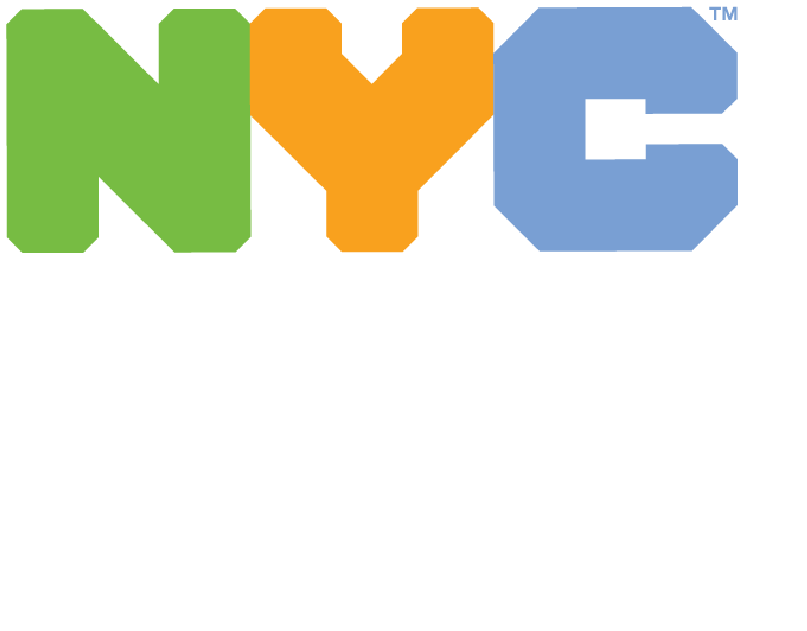The FutureReadyNYC Education Pathway offers a comprehensive route for individuals aspiring to join the teaching profession, school counseling, library services, or community education. With a focus on enhancing and diversifying the teaching workforce, this pathway consists of four sequential courses designed to equip students with essential knowledge and skills.
Course 1: Introduction to Teaching
This course introduces students to the history of education in the United States, various career paths in education, and the impact of human development on learning.
Course 2: Child Development and Learning
This course delves into instructional components, child development, teaching strategies, assessment techniques, special populations, and educational technology, providing students with a foundational understanding of instructional methods and child development across different stages of life.
Course 3: Instructional Practices
This is an applied-knowledge course covering classroom management, higher-order thinking skills, instructional scaffolding, and effective classroom planning, preparing students for the capstone Teaching Practicum and further academic pursuits.
Course 4: Teaching Practicum
This course serves as the culmination of the pathway, allowing students to apply their acquired knowledge and skills in a real-world setting through an internship. This course addresses classroom professionalism, ethics, communication, and career requirements, ensuring that proficient students are prepared to pursue advanced training at the postsecondary level.
In addition to these courses, students are required to complete workshops for paraprofessional credentials, including Child Abuse Identification Training, School Violence Intervention and Prevention Training, and "Dignity for All Students Training," all of which are provided at no cost to students or the school.
By offering a structured curriculum and valuable credentials, the FutureReadyNYC Education Pathway aims to improve and sustain the teaching workforce while fostering diversity in educational settings.
P-12 Teacher
A P-12 Teacher is a professional educator who is responsible for teaching students from pre-kindergarten through 12th grade. They play a crucial role in the academic, social, and emotional development of students, preparing them for success in future educational endeavors and life. P-12 Teachers design and implement effective lesson plans, foster a positive learning environment, assess student progress, and collaborate with colleagues, parents, and the community to support student achievement.
Key Responsibilities:
Curriculum Development and Implementation:
- Design and deliver engaging, standards-based lessons that meet the diverse needs of all students.
- Integrate technology and innovative teaching methods to enhance learning.
- Align instruction with state and district educational standards and goals.
Classroom Management:
- Create a positive and inclusive classroom environment that promotes respect, safety, and productive learning.
- Implement classroom management strategies to maintain order and support student engagement.
Student Assessment and Evaluation:
- Develop and administer assessments to measure student progress and understanding.
- Analyze assessment data to inform instruction and provide targeted support.
- Provide timely and constructive feedback to students and parents.
Individualized Instruction:
- Identify and address the diverse learning needs of students, including those with special needs and English language learners.
- Differentiate instruction to ensure all students can access and engage with the curriculum.
Professional Collaboration:
- Work collaboratively with colleagues, administrators, and support staff to enhance instructional practices and school programs.
- Participate in professional development opportunities to stay current with educational best practices.
Parent and Community Engagement:
- Communicate regularly with parents and guardians to discuss student progress and address concerns.
- Engage with the community to build partnerships that support student learning and well-being.
Qualifications:
- Bachelor’s degree in Education or a related field; Master’s degree preferred.
- State teaching certification for the appropriate grade level and subject area.
- Strong knowledge of child development, pedagogy, and instructional strategies.
- Excellent communication, organizational, and interpersonal skills.
- Commitment to continuous professional growth and lifelong learning.
Work Environment: P-12 Teachers typically work in public or private schools, teaching in classrooms, and participating in school-wide activities and professional development. The role requires a balance of instructional time, planning, and collaboration with other educators and stakeholders.
Impact: P-12 Teachers have a profound impact on the lives of their students, shaping their educational journeys and influencing their future success. Through dedication and expertise, P-12 Teachers contribute to the development of knowledgeable, skilled, and responsible citizens.

